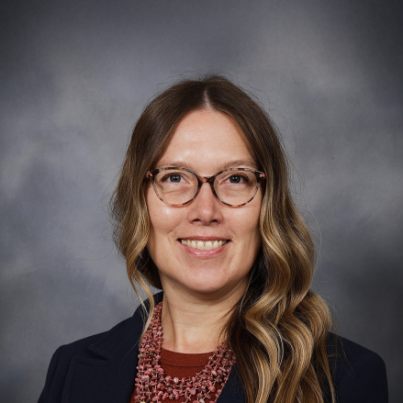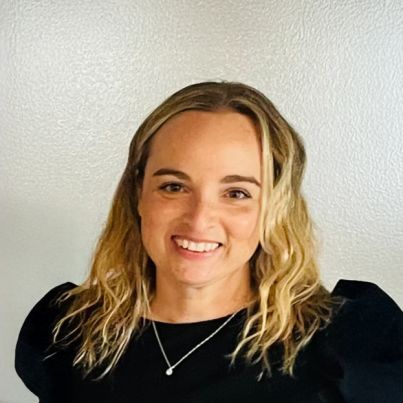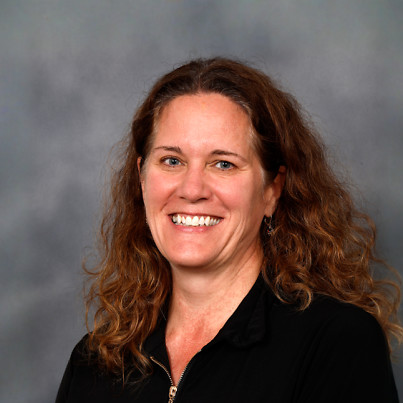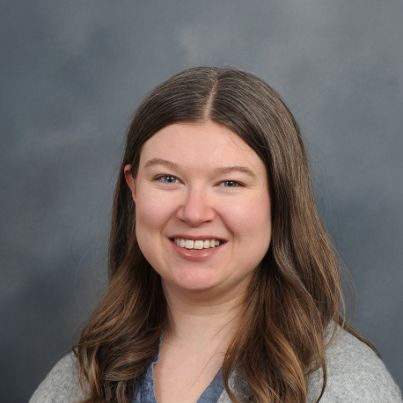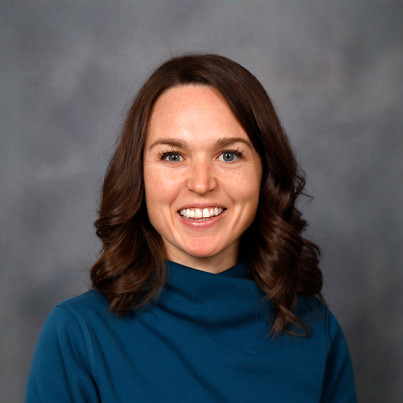Our Research
The Human Auditory Development Lab studies how the ability to hear and understand sounds in the presence of competing background sounds develops. We are particularly interested in understanding how infants and children learn to hear and process target sounds such as speech in noisy environments.
Understand How Kids Learn Speech and Sounds
Infants and children learn about speech and other important sounds in natural environments where multiple sources of competing sounds are often present. Our studies aim to fill the gaps in understanding how well children hear in noisy environments and the specific challenges faced by children who are hard of hearing and children with motor or intellectual disability.
Improving Hearing Tests & Sound Delivery
We use behavioral measures like those used in the audiology clinic to assess hearing and speech perception. Some of our studies are focused on collecting data in children with normal hearing, while others are aimed at understanding how factors such as childhood hearing loss or Down Syndrome influence the development of complex auditory skills. The results of our studies will expand our understanding of hearing development, help us improve the way sounds are delivered to infants and children who are hard of hearing, and create innovative ways to test children of all abilities more effectively in the audiology clinic.
Research Participation FAQs
Our lab address is: 555 N. 30th Street Omaha, NE 68131
Driving directions: Park in the patient parking lot just off 30th and California streets, directly outside of the main hospital lobby. Please check-in for your research appointment at any of the reception desks in the main lobby. The front desk will notify the lab that you are here. If for any reason you need to reach us directly, please call (531) 355-6625.
Once you arrive at Boys Town National Research Hospital, one of our lab employees will greet you in the lobby and escort you to the laboratory. We will walk you through the details of participating in the study and will request that you (and your child if over the age of 7) formally give your consent to participate in the study.
The length of the visit varies depending on the child but is always less than 3 hours. The visit can be split into separate sessions if desired or needed. We ensure that children have frequent breaks. Measures that are conducted in our lab include:
-
Hearing evaluation or hearing screening
-
Hearing aid measurement for children who are hard of hearing
-
Assessment of speech and language skills such as vocabulary
-
Assessment of executive function and working memory
-
ound perception testing. Your child will listen to sounds presented from a speaker or headphones. The sounds are played in quiet or with noise in the background. Your child will tell us what they hear by touching a picture on a computer, by raising their hand, or by repeating back words or sentences that they hear.
Important Reminder: We want to make this an enjoyable experience for you and your child, so if at any time your child needs a break or needs to end the visit, simply let us know. If you have any questions before, during, or following any of your visits to our lab, please ask!
We want to make this an enjoyable experience for you and your child, so if at any time your child needs a break or needs to end the visit, simply let us know. If you have any questions before, during, or following any of your visits to our lab, please ask!

